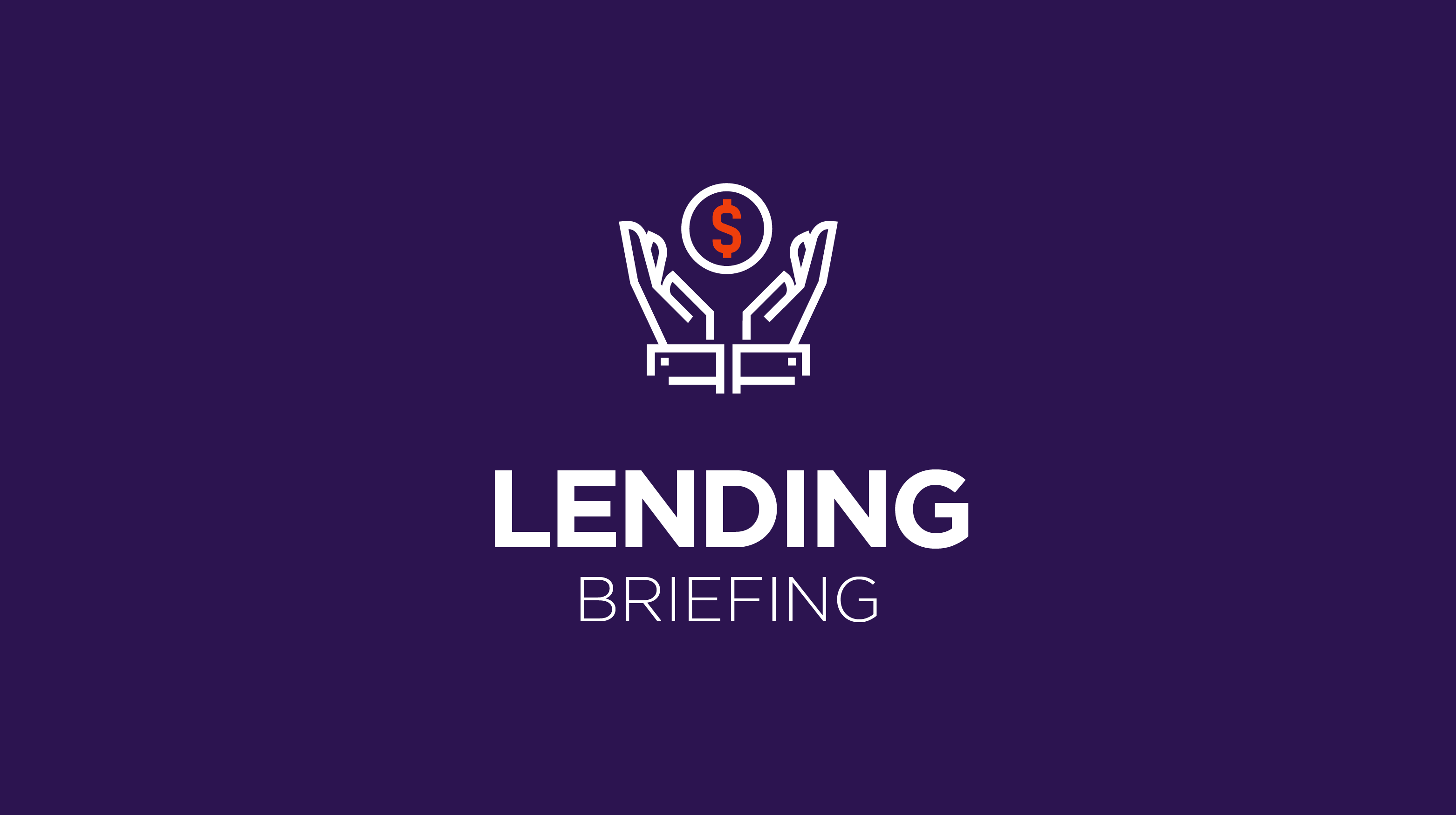Member Exclusive
Lending Briefing: PayPal – one of the top 5 small business lenders in the US
- PayPal says it's one of the top five small business lenders in the US, gaining ground in areas where traditional banks retreated.
- Crypto lending is on the rise, with the industry's leading broker reporting over $50 billion in originations for Q4 2021.





